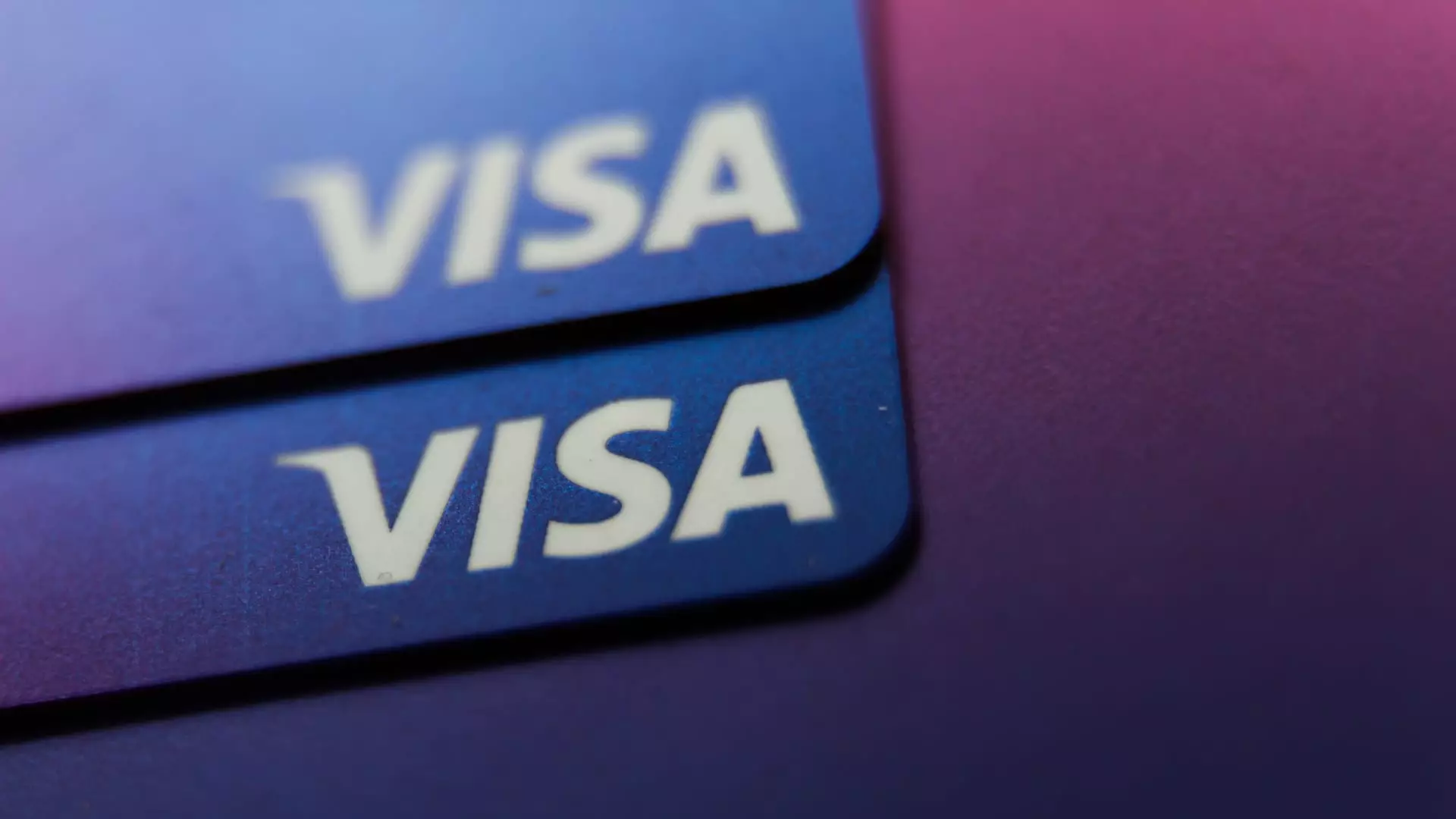Visa has announced its plan to revolutionize the way people make payments by launching a dedicated service for bank transfers. This service will bypass credit cards and the traditional direct debit process, providing users with a more convenient and secure way to handle their transactions. With the increasing demand for digital payment solutions, Visa’s move to introduce account-to-account (A2A) payments in Europe next year comes at a crucial time.
The new A2A service will allow users to set up direct debits with just a few clicks on merchants’ e-commerce platforms. This streamlined process will enable consumers to monitor their payments more easily and address any issues promptly by clicking a button in their banking app. By offering a similar level of protection to card transactions, Visa aims to provide customers with peace of mind and a seamless digital experience. Additionally, the A2A service is designed to help users tackle common problems such as unauthorized transactions and subscription renewals.
While the A2A service is set to launch in the U.K. in early 2025, Visa has plans to expand its reach to the Nordic region and other parts of Europe later in the year. The company’s focus on variable recurring payments (VRP) will offer consumers more flexibility and control over their recurring transactions. By embracing open banking technology, Visa aims to create an open system for A2A payments to thrive and adapt to the changing landscape of the payment industry.
Embracing Open Banking
Visa’s A2A product leverages open banking technology, which allows third-party fintechs to access consumer banking data securely. This technology has gained popularity in Europe due to regulatory reforms in the banking sector, enabling new payment services that link directly to users’ bank accounts. Visa’s acquisition of Tink, an open banking service, for 1.8 billion euros highlights the company’s commitment to staying ahead of emerging fintech competitors and providing innovative payment solutions to consumers and merchants.
Challenges and Opportunities
Despite the potential benefits of the A2A service, Visa faces challenges in monetizing this new offering. By giving merchants the option to bypass traditional card payments, Visa risks cannibalizing its existing card business and transaction fees. However, Visa has emphasized its commitment to enabling the best payment options for users, whether through card transactions or non-card alternatives. The company’s strategic approach to evolving payment methods reflects its dedication to meeting the changing needs of consumers and businesses in a digital economy.
Visa’s A2A service represents a significant step towards modernizing bank transfers and enhancing the overall payment experience for users. By leveraging open banking technology and embracing innovative payment solutions, Visa is poised to shape the future of digital transactions and drive financial inclusion. As the company continues to expand its A2A service across Europe and beyond, it will be interesting to see how consumers and merchants adopt this new approach to payments and how Visa navigates the evolving landscape of the global payment industry.

